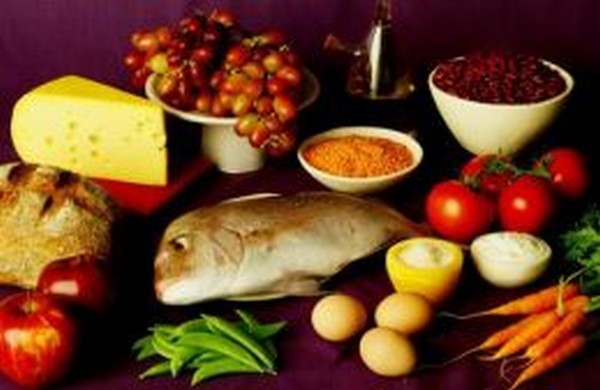
Kidney stones are distressingly common and cause debilitating pain. Approximately 10 percent of people in the world have kidney stones. Kidney stones can be of many types. Studies say that about 80 percent of them are “Calcium oxalate stones”. Commonly people think that excess calcium causes this type of kidney stones, but it is actually the other way around. Calcium is responsible for binding ingested oxalate in the gastrointestinal tract. Lesser calcium in the body results in excretion of greater amounts of oxalate in the urine, which then combines with calcium present in the urine to form crystals.
Another most common type of kidney stone is “Uric Acid Stone”. In instances where there is excessive uric acid in the bloodstream or in the urine, it combines with the calcium present in the urine to form crystals. People who consume diet rich in animal proteins, purines, fish, shellfish, organ meats etc are more prone to have this type of stone. Certain metabolic disorders or gout condition may also cause high uric acid levels. Calcium phosphate, cystine, sturvite are some other less common kinds of kidney stones.
Symptoms
If you experience symptoms like persistent excruciating pain in your side and lower back, bloody, cloudy or foul-smelling urine, constant urge to urinate or pain with urination, nausea, fever and chills, it is time to see your physician. Chances are that it could be a kidney stone.
Dietary Tips
People diagnosed with kidney stones have to be utmost careful about their diet and nutrition. Following dietary tips definitely need to be incorporated:
1. Consume more liquids
It is recommended to everyone to have at least 8-10 glasses of water daily. But if you have kidney stones, you must have to be very particular about it. That much intake of water keeps the urine dilute, thereby preventing the formation of crystals. It also flushes out harmful toxins from the body and aids in proper digestion.
2. Reduce the amount of sodium
High sodium content leads to water retention and also increases the calcium amount in the urine, which in turn increases the tendency of stone formation. Consumption of processed meat, convenience food that includes all junk food, salty snacks should be minimized.
3. Adequate calcium intake
As opposed to the popular misconception that excess calcium causes kidney stones, calcium intake should rather be adequate. Now we know, it is not the excess, but deficiency that is the real cause as there is not adequate calcium to bind the ingested oxalate, which later combine with calcium present in the urine to form stones. Low fat milk, yogurt and other healthy dairy products should be included in your diet.
4. Avoid foods which can increase the amount of oxalate in urine
Foods like rhubarb, spinach, tomatoes, strawberries, wheat bran, nuts, beets, chocolate, tea are known to increase the amount of oxalate in the urine. These food items should be avoided.
5. Vitamin C
Vitamin C in the system gets converted into oxalate, which in turn increases the chances of kidney stone formation. Therefore taking vitamin C supplements may not be a good idea, if your aim is to reduce the amount of oxalate in your body. Anything more than 500 milligrams each day for people who have had kidney stones is not recommended
6. Sugar and animal protein
Sugar and animal protein foods are greasy and heavy and unnecessarily overload the kidneys. Meats and other animal proteins like eggs,fish and organ meats like liver have high purine content which later breaks down into uric acid in the urine. Excess uric acid in the urine results in the formation of kidney stones.
7. Insoluble fiber
There are two types of fiber – soluble, that dissolves in water, and insoluble that does not. Both types of fiber are needed for proper functioning of various organs of the body. But it is the insoluble fiber like wheat, rye, barley, rice etc that helps to reduce calcium in the urine. It combines with calcium in the intestines and thus calcium gets excreted with the stool instead of through the kidneys.
If these simple tips are taken care of, you are sure to get some relief in your kidney stone condition and that would also help preventing stone formation in the future.




